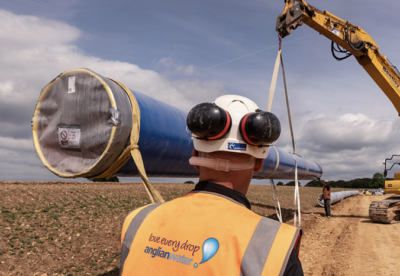Researchers with the backing of the Construction Leadership Council had hoped to create a new industry quality score for firms as a viable alternative to the withholding of cash retentions as a form of insurance against defects.
The plan was to follow a similar data recording approach to that used to change behaviours for health and safety and payment practices.
The idea was that firms with a lower ‘Error Frequency Rate’ score would be less likely to have quality problems. In turn, this could ease the requirement for the use of a cash retention.
But after 18 months of work, piloting has stopped because too few contractors came forward with sufficient defects data.
The CLC worked with trade body grouping Actuate UK and the Get It Right Initiative (GIRI) to develop and test the proposed quality metric.
GIRI funded the research project by the Centre for Design Engineering (C4DE)4 at Cranfield University.
A report on the researchers’ progress said: “Significant work was undertaken to encourage clients and contractors to participate in the pilot project and help test the proof of concept for this innovative work. All information was anonymised and managed by C4DE, at Cranfield University.
“The project sponsors, the CLC, had no knowledge of who had contributed, yet despite much enthusiasm and agreement that the industry would benefit from the sharing of data on defects, the number of participants was disappointing.
“The low response rate has highlighted the challenges that exist in obtaining information about defects and performance within the construction sector from firms in the supply chain.
“Due to the adversarial nature of contracts, the question that is always asked when information is requested is “how could this be used against me?”.
“This is justified because many projects end in recrimination, claim and counter claim. However, this is not conducive to an industry wide approach to improving standards of performance and quality.
“It is clear that the construction industry will not voluntarily provide project data on defects. Therefore, this project will conclude at this stage.”
GIRI has decided to continue with the development of an app that could one day provide the technical solution to industry-wide defect reporting.
























































.gif)

